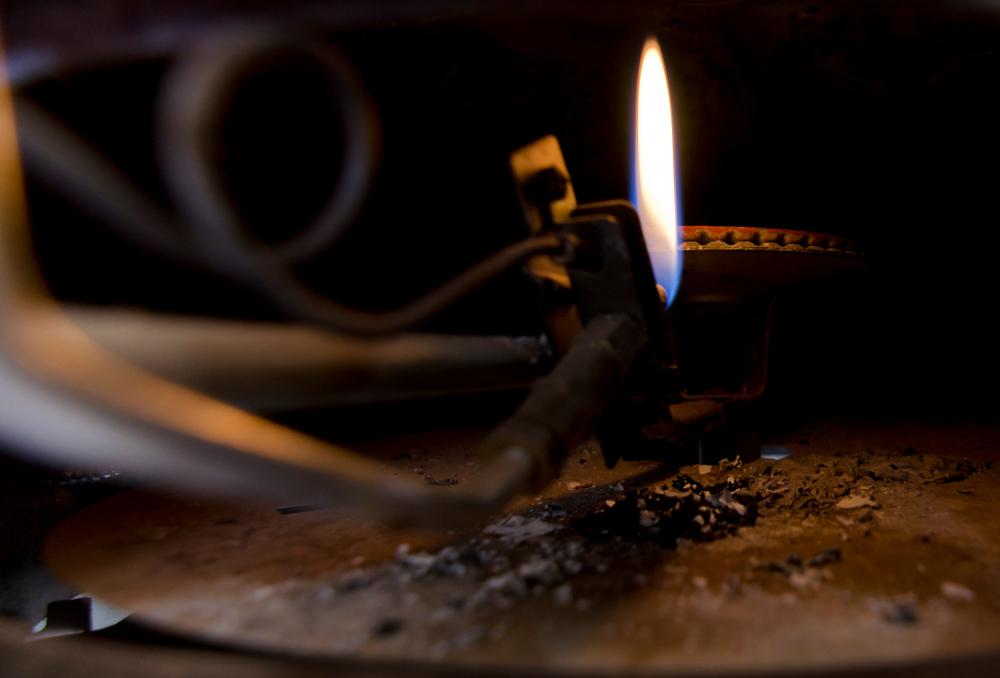Natural gas-powered furnaces are one of the most dependable heat sources available to home owners. There’s just one catch, and it‘s a big one… that pilot light flame needs to be on at all times or you run the potential risk of blowing up the house and everyone inside it.
Sure, your house blowing up worst-case scenario and it rarely gets to that level. But we’ve seen that recently right here in Central New York, so we don’t want to underplay the situation. With natural gas, always consider pilot light safety as a top priority.
The pilot light is named for the American colonists’ small “pilot” fire that they kept burning at all times for a quick source of flame to light the fireplace when it got cold or the stove when they wanted to cook a meal. Today it is a glowing blue flame at the end of a special tube designed for essentially the same purpose — to light a larger, heating flame in a natural gas apparatus like a furnace, water heater or stove.
That blue flame is created by a small amount of natural gas coming through the mini orifice in the tube. Without that small pilot light primer the equipment will not create the fire that produces the heat. At the same time, that pilot light is burning off the gas and preventing the poisonous fumes from entering your home. Some pilot light tubes have automatic shut-offs if the flame goes out, but not all of them do, so each and every pilot light in the home should be routinely checked to make sure it is always on.
If it goes out, open the doors and windows to let any gas out of the residence. If the gas aroma is considerable you should get out right away and call your gas company or fire department to report the problem. Once the home is safe from the fumes of gas, follow the directions to relight the pilot light.
The pilot light should always burn blue — if it is an orange or red color, it is burning too hot and there is a problem there as well. And be aware that even a pilot light burning normally can cause a safety hazard. Anyone using a combustible gas-producing item like an insect fogger in the home should note specifically the instructions to extinguish all pilot lights before using them. That airborne fogger insecticide seeps everywhere, including into the area of the pilot light’s open flame.
Don’t wait until you smell the gas; make checking your active pilot lights a part of your normal routine all year. And for expert advice on this or any other home heating safety concern, call Fred F. Collis & Sons today at 315-768-2323 or contact us online.
In Yorkville, we are at 5092 Commercial Drive in Yorkville, N.Y. and open Mondays through Fridays from 7:30 a.m. to 5 p.m. and Saturday from 8 a.m. to noon. We also have offices in Rome, NY and Syracuse, NY to serve the residents of Upstate NY and Central NY.


